As an adult athlete, nutrition plays a pivotal role in your overall performance, muscle recovery, and injury prevention. While carbohydrates and fats often take center stage in discussions about athletic nutrition, protein is equally essential to ensure your body is functioning optimally. Protein supports muscle repair, boosts immune health, and helps regulate your metabolism. But what happens when you’re not getting enough of it?
Understanding the signs of protein deficiency can help you identify the problem early and make necessary adjustments before it affects your training and health. Below are the most common signs that you’re not getting enough protein, particularly as an adult athlete.
1. Muscle weakness and fatigue
Muscle weakness or fatigue is one of the earliest signs that you might not be consuming enough protein. As an athlete, you know how important it is to maintain strength and endurance during your workouts. Protein is essential for muscle repair and growth. After exercise, especially strength training or high-intensity activities, muscles experience small tears. Protein helps repair these tears, allowing muscles to recover and grow stronger.
When you’re not getting enough protein, your muscles may not recover fully between workouts. As a result, you may experience increased muscle weakness or fatigue during training sessions. This could also lead to a plateau in your performance, where you can no longer lift as much weight, run as fast, or perform as well as you previously could.
If your muscles feel weaker than usual, or if you’re feeling exhausted long before the end of your workout, it may be time to assess your protein intake.
2. Slow recovery
Recovery is a crucial aspect of an athlete’s training cycle. Without proper recovery, you risk injury, fatigue, and burnout. Protein plays a central role in the repair and rebuilding process after intense exercise. It provides the amino acids necessary for muscle tissue regeneration and helps to reduce muscle soreness.
When protein levels are insufficient, recovery can be slower. You might experience increased muscle soreness, feel tightness for longer periods, or struggle to return to your usual workout intensity. If you find that it’s taking longer for you to feel “back to normal” after workouts, especially strength-based exercises, a lack of protein could be the culprit.
3. Loss of lean muscle mass
For adult athletes, lean muscle mass is crucial not just for strength, but also for overall athletic performance. When you don’t consume enough protein, your body may begin to break down muscle tissue for energy, especially during times of calorie deficit or intense training. This process, known as catabolism, can lead to the loss of muscle mass over time.
If you’re noticing that your muscles are shrinking or your strength is decreasing, it could be a sign that you aren’t getting enough protein. This is especially important if you’re training hard but not seeing the muscle gains or toning you expect. A lack of protein may be preventing you from building muscle and maintaining your lean physique.
4. Constant hunger or cravings
Protein is the most satiating macronutrient, meaning it helps you feel full for longer periods. This is especially important for athletes who are working hard in the gym and need to fuel their bodies for recovery. If your protein intake is insufficient, you might find yourself feeling hungry more often or having cravings for unhealthy foods.
Inadequate protein intake can lead to higher levels of hunger and a greater tendency to snack on high-carb or high-fat foods. This can undermine your overall nutrition and result in weight gain or poor performance due to fluctuating energy levels. Additionally, cravings could lead to poor choices in your diet, which could hinder your progress and recovery.
If you’re struggling with constant hunger despite eating enough, protein might be the missing link in your meals.
5. Hair, skin and nail problems
Protein plays an essential role in the health of your hair, skin, and nails. These tissues are primarily made up of keratin, a protein that is essential for their growth and repair. When protein levels are low, you may notice changes in the appearance and health of your hair, skin, and nails.
For example, you might experience thinning or brittle hair, dry and flaky skin, or nails that break or chip easily. These signs are often subtle at first, but they can indicate a deeper issue with your nutrition. If you’re not getting enough protein to support your body’s needs, it can affect these structures, leading to a variety of cosmetic issues. This is especially concerning for athletes who rely on overall health to perform at their best.
6. Weakened immune system
A strong immune system is vital for any athlete, as it helps you recover from training and stay healthy throughout the season. Protein is a key component in building and maintaining a healthy immune system. It helps to create antibodies and immune cells that protect against infection and disease.
If you’re not consuming enough protein, you may notice that you get sick more frequently, or your recovery from illnesses takes longer. You might also experience more frequent injuries or feel run down more easily. Your immune system can only function optimally if you provide it with the nutrients it needs, and protein is one of those essential nutrients.
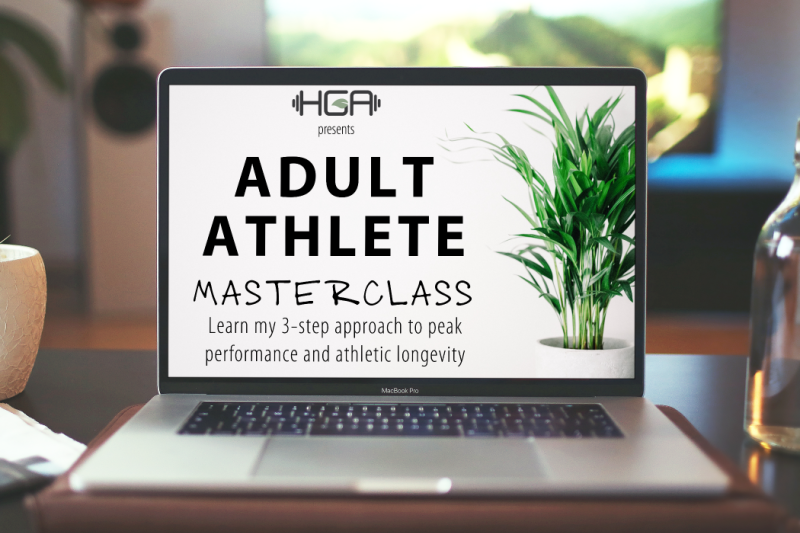
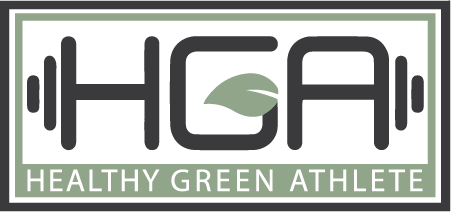
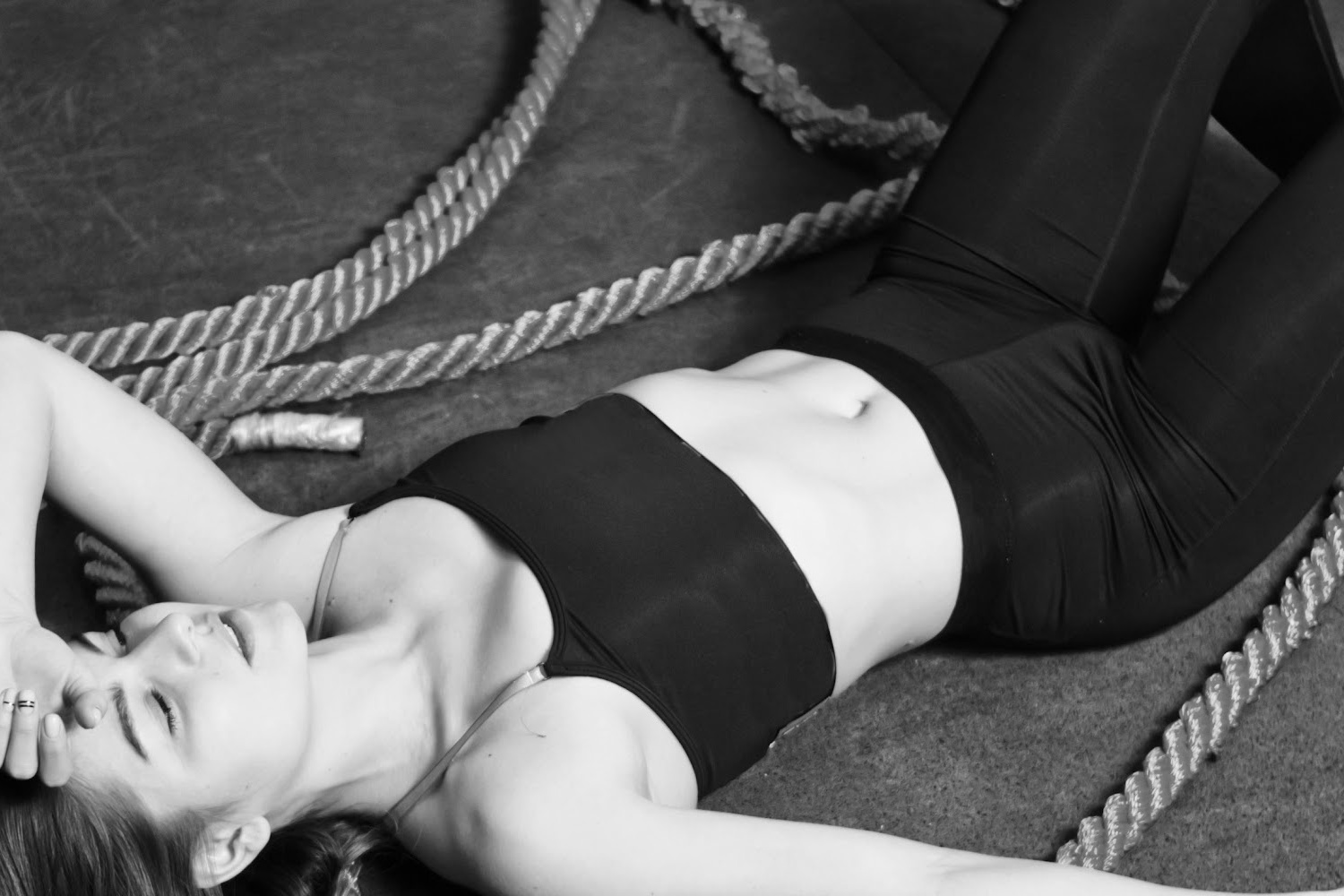
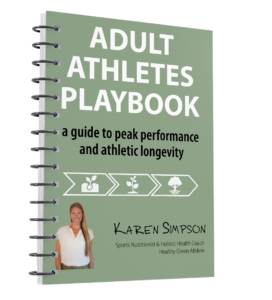

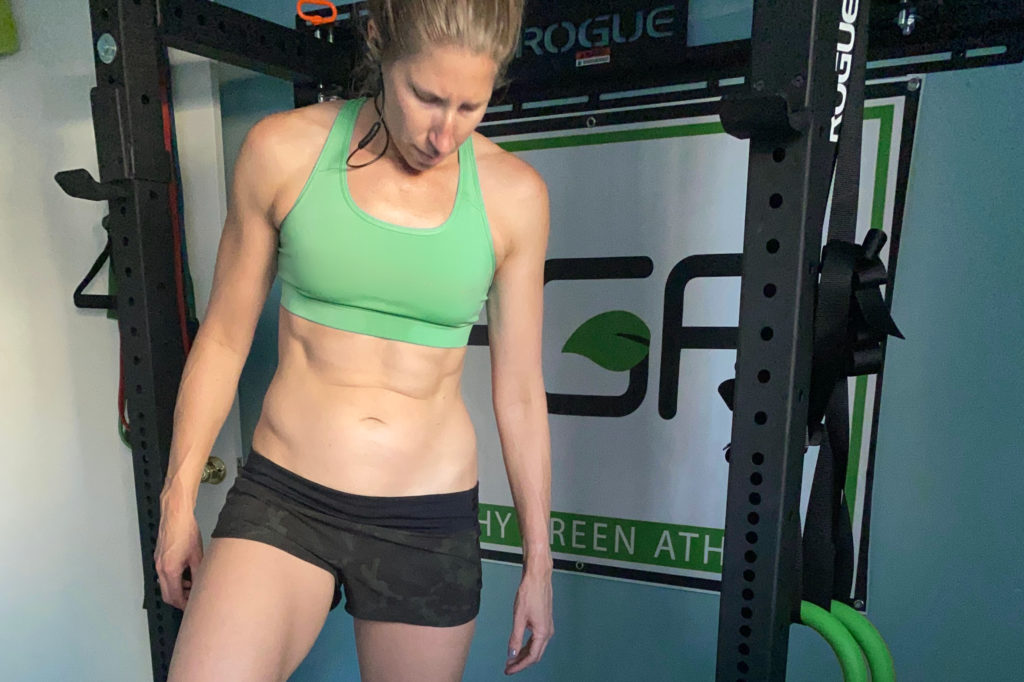

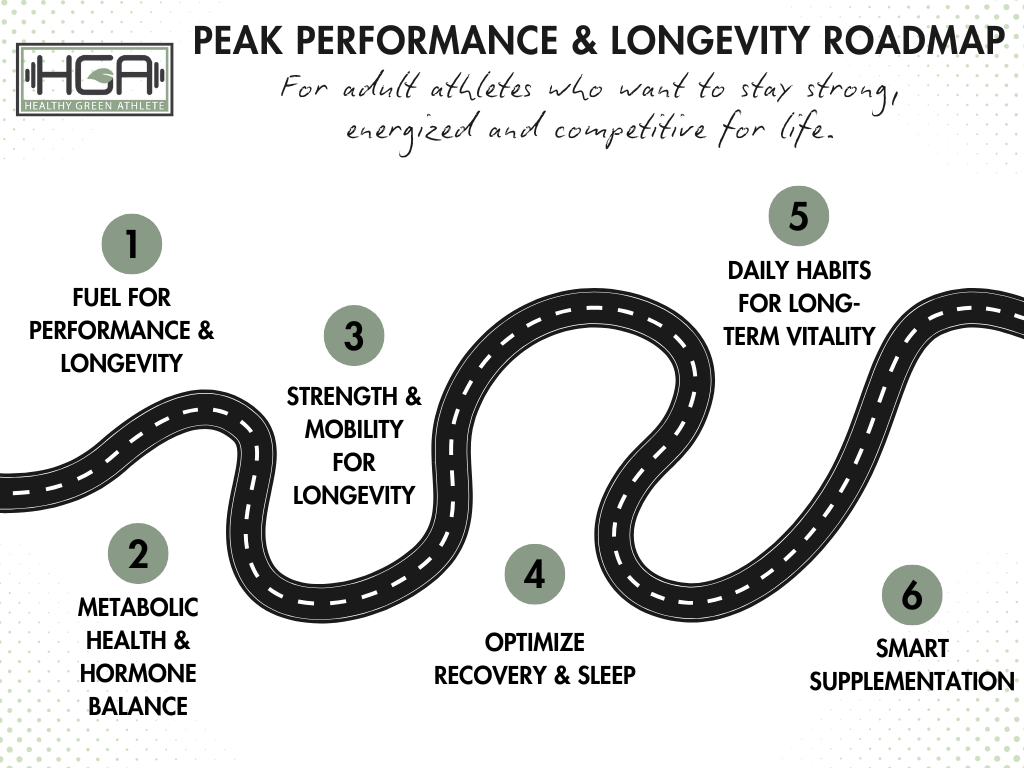

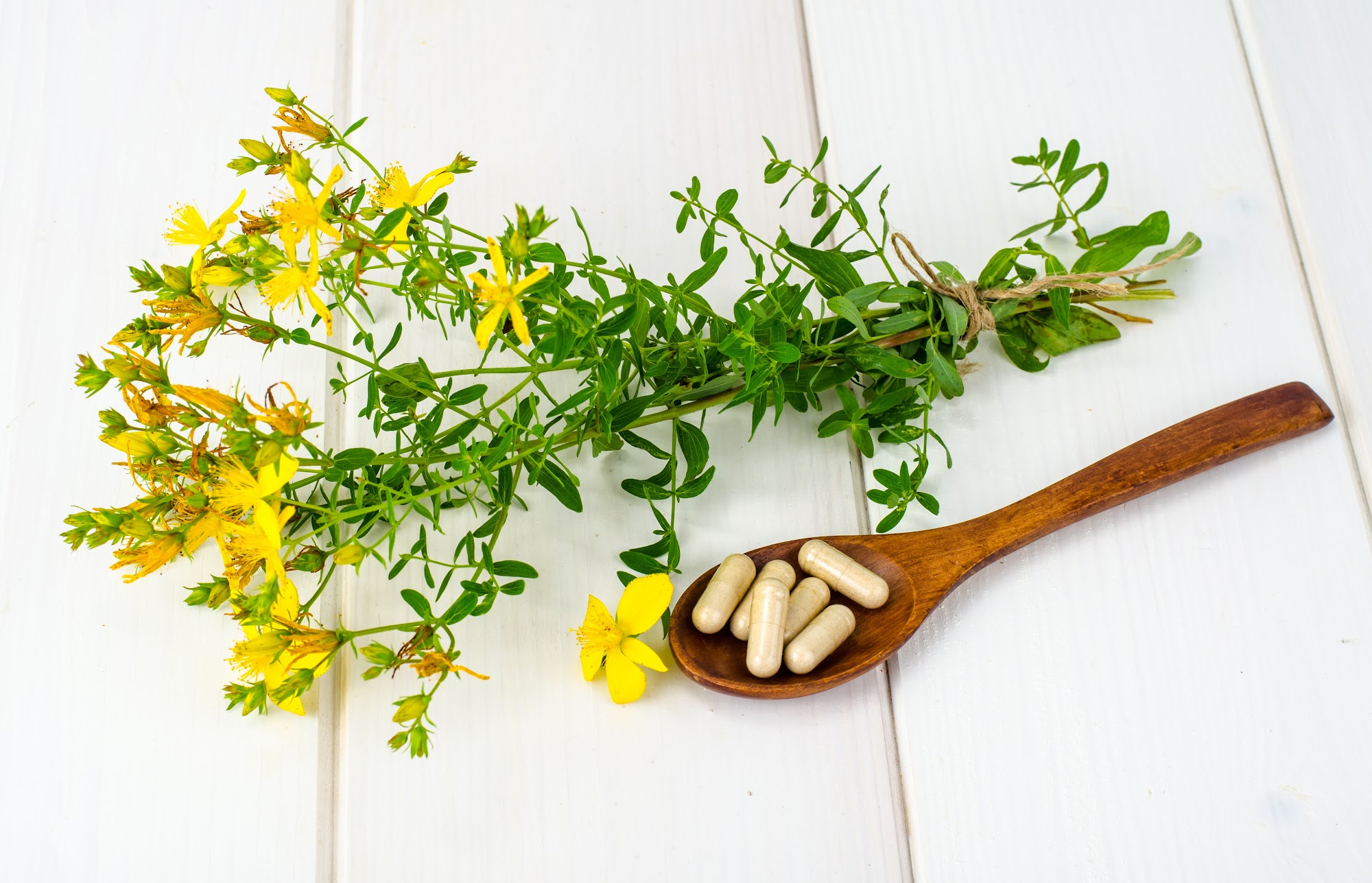

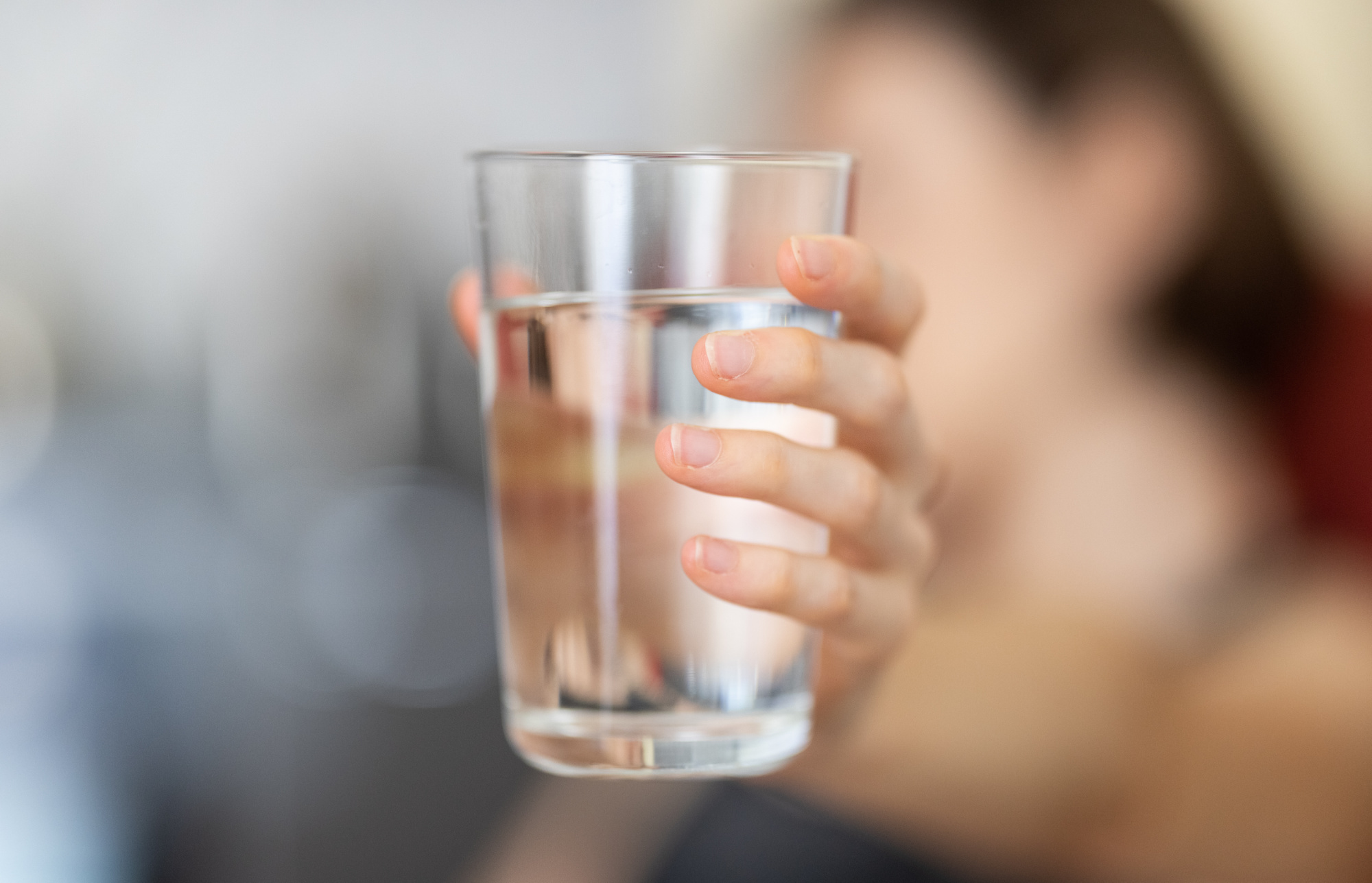


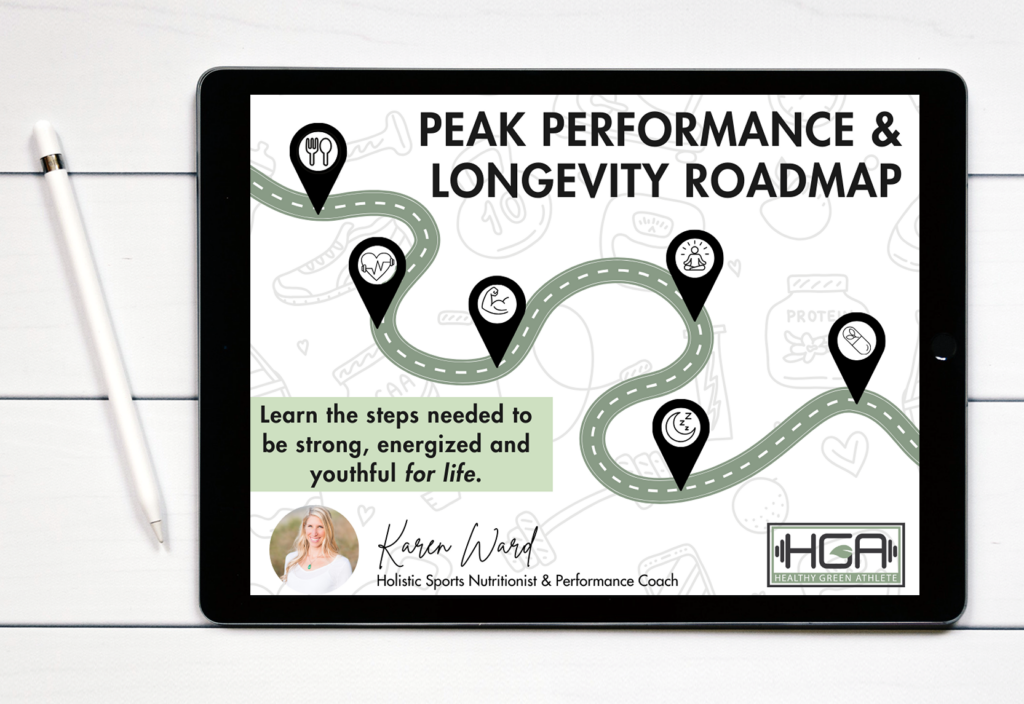
One Comment
Pingback: